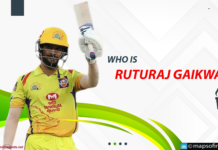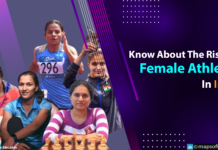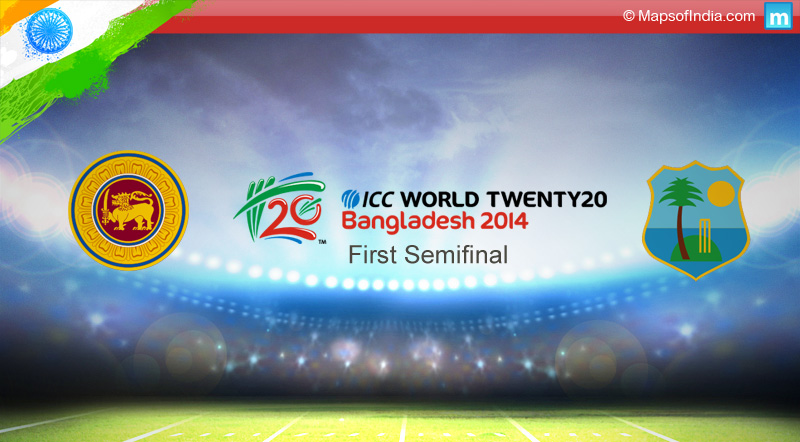Australia and England might be the leading sides in world cricket when it comes to tests. However, they are not really highly regarded when it comes to the shortest form of the game. England has won the ICC T20 in 2010 when it was staged at the Caribbean but of late its T20 form has been patchy with an away series loss to the West Indies. Australia, on the other hand have never won the championship and will be looking to add this trophy to their glittering board of silverware. England is ranked at no.4 in global rankings for this form of the game while Australia is in the 7th position. This would normally suggest that the English have a better chance at it compared to the Aussies.
Group: Australia is in the same group with West Indies, Pakistan and India, while England has been slotted into the other group that also has Sri Lanka, South Africa and New Zealand.
Batting: George Bailey leads the Aussies and is an important contributor in the shorter formats. Aaron Finch, Brad Hodge (recalled to the side after a long gap), and David Warner will be the other big names in this regard. Allrounders Shane Watson, Daniel Christian Glenn Maxwell and Cameron White will also be expected to pull their weight in runs along with their bowling. Brad Haddin will have an important role to play too.
Vice captain Eoin Morgan will be the lynchpin for England when it comes to T20 batting. Ian Bell, who replaces Joe Root and openers Alex Hales, Michael Lumb and keeper Jos Buttler will be the other players to watch out in this regard. All eyes will be on Bell, who will be playing a T20 after a long time. Allrounders Ravi Bopara, Moeen Ali, Ben Stokes and Luke Wright will be tasked with making handy contribution to the English cause as well along with bowling economical spells.
Bowling: Australia have a strong quick bowling attack with the likes of Mitchell Johnson, James Faulkner, Nathan Coulter-Nile and Mitchell Starc. The exclusion of Clint McKay is surprising considering his experience as well as his variety. The spin attack is a little light in comparison with Brad Hogg being backed up by the inexperienced James Muirhead. One wonders what happened to Fawad Ahmed, who had been performing well for Aussies in the not-too-distant past.
England too has a better pace attack compared to spin bowling. Stuart Broad, the skipper, will lead the attack and will be well supported by the likes of Tim Bresnan, Jade Dernbach, and Chris Jordan. England has two capable spinners in the team – James Tredwell and Stephen Parry.
Possible first team: For Australia the line-up could look like this – Finch, Warner, Hodge, Bailey, Watson, Maxwell, Haddin, Hogg, Faulkner, Johnson and Starc.
England might go in with the following players in their first eleven – Hales, Lumb, Bell, Morgan, Bopara, Stokes/Moeen (depending on the pitch), Buttler, Tredwell, Broad, Bresnan and Dernbach.
Problems: While both teams are blessed with good power hitters, plenty of allrounders and strong pace attacks, their respective spin bowling attacks remain problematic. Yet another area of problem for these teams will be facing off against the spin attack of the sub-continental teams, especially for Australia, which will be going up against India, Sri Lanka and West Indies, all of whom have strong spin attacks at their disposal.




